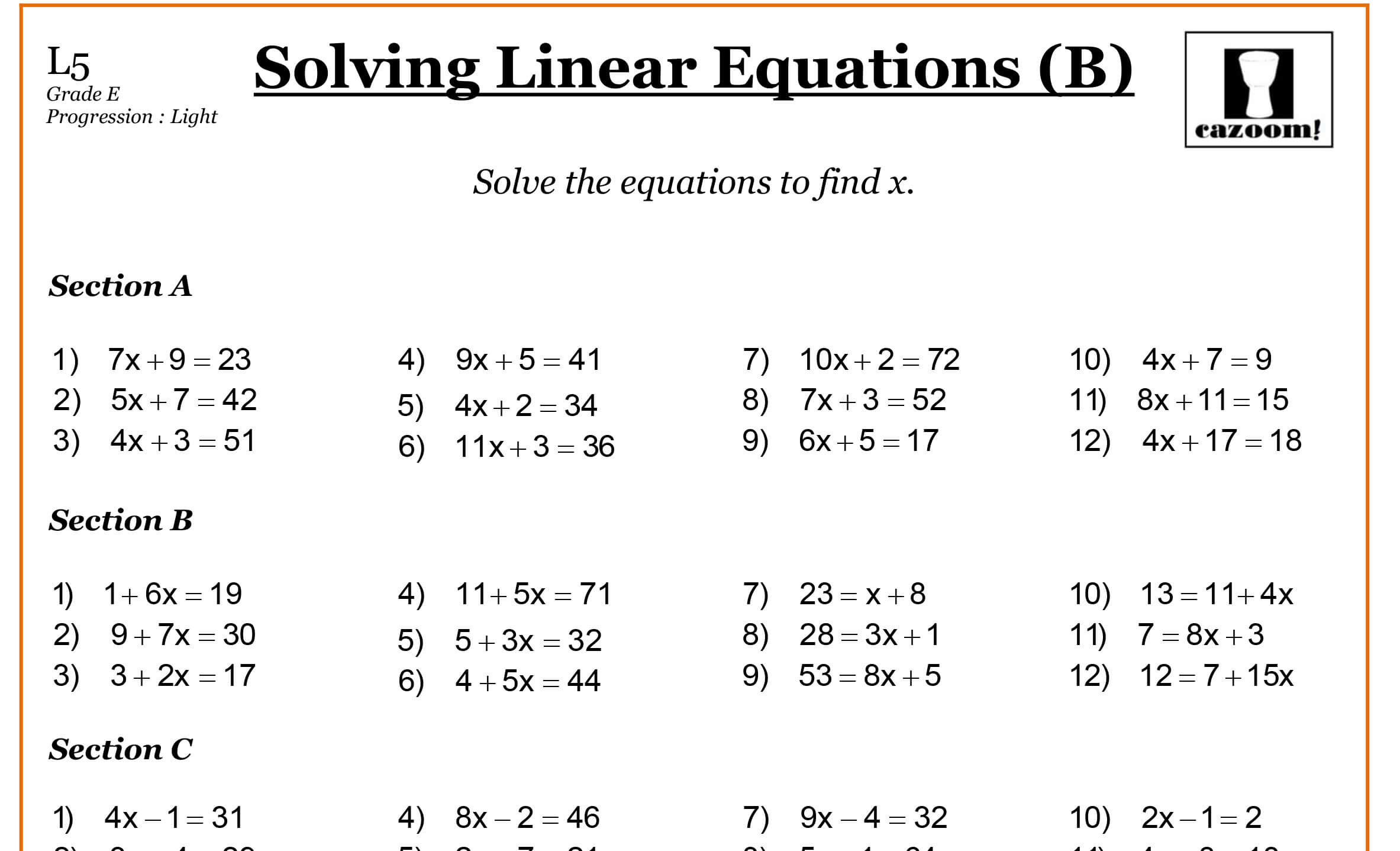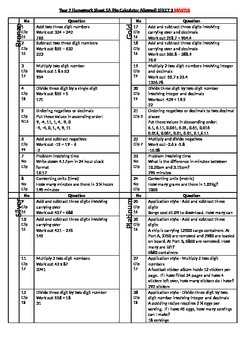
1. Japan is an island nation, which means it does not share land borders with other countries. Japan's closest neighbors are Russia, North Korea, South Korea, China and Taiwan.. 2. The country is made up of over islands, but the four main ones (Hokkaido, Honshu, Shikoku and Kyushu) make up 98 per cent of its land area.. 3. Mount Fuji is the highest mountain in Japan and, along with Mount Maths: Age 6–7 (Year 2) In Year 2, your child will continue to develop their counting and calculation skills, learning different ways to multiply and divide. They will also extend their understanding of fractions AAA Math features a comprehensive set of interactive arithmetic lessons. Unlimited practice is available on each topic which allows thorough mastery of the concepts
Japan | TheSchoolRun
Japan is an Eastern Asian country in the Pacific Oceandirectly east of the Korean peninsula. It is filled with high-rise cities, thousands of shrines and temples and mountainous national parks. Japan is an island nation, which means it does not share land borders with other countries. Japan's closest neighbors are RussiaNorth Korea, South Korea, China and Taiwan, help maths homework year 7. The country is made up of over islandsbut the four main ones Hokkaido, Honshu, Shikoku and Kyushu make up 98 per cent of its land area.
The largest city in Japan is Tokyo, also the country's capital. Other major cities include Osaka, Nagoya, and Sapporo. Some of the most well-known companies in the world are Japanese: Toyota, Honda, Sony, Nintendo, Canon, Panasonic, Toshiba, and Sharp.
The population of Japan is over million. Life expectancy in Japan is 84 years, the second-highest in the world. The main two religions in Japan are Shinto and Buddhism. The world's oldest hereditary monarchy is Japanese; an emperor sits on the Chrysanthemum Throne. Japanese traditional dress, for men and women, is the kimono.
Kimonos help maths homework year 7 made from silk, have long sleeves, fall to the ankle and are tied with a special belt called an obi. The Japanese landscape has lots of volcanoes and hot springs and experiences many earthquakes and tsunamis.
The national flag of Japan is a white rectangular flag with a large red disc representing the sun in the centre. The flag is officially called Nisshōki, "sun-mark flag", help maths homework year 7, in Japanese, but is more commonly known as Hinomaru, "circle of the sun". One of the most famous Japanese dishes is sushi, pieces of raw fish and seafood placed on a ball of vinegared rice. Fugupufferfish, is a great delicacy but must be prepared by experts as it can be poisonous to eat!
Cleanliness and order are very important to Japanese people, help maths homework year 7. Ritual bathing and removing shoes inside are still practised, and Japanese toilets are electrically powered and have up to 15 different buttons performing different cleansing functions!
Japan has a small land mass for the number of people who live in the countryso most people live in very small apartments in blocks of flats. There are even tiered car parks in cities. Tea is as important to Japanese people as it is to British people. In tea ceremonies people drink green matcha tea while sitting and holding their cup in the traditional way. The "bullet train", shinkansenis the world's fastest passenger train, travelling at speeds of km per hour!
Slurping noodles and soup isn't considered rude in Japan, where people like to eat their food hot! In traditional Japanese hotels, ryokanpeople sleep on futons on the floor and there are paper screens separating the rooms instead of walls, help maths homework year 7.
There might be an onsena hot spring bath, where all the guests bathe together. Over 75 per cent of Japan is mountainous or hilly, and most of the population lives in huge urban areas. Tokyo's population is over 35 million including suburbswhich makes it one of the largest cities in the world. The Japanese language is spoken by more than million people worldwide, with dozens of different dialects spoken within Japan.
The two main groups of Japanese accents are Tōkyō-shiki Tokyo-type and Keihan-shiki Kyoto-Osaka-type. Japan has a parliamentary system of government like Britain.
The Japanese do not elect a president directly. Traditional Japanese Architecture has a distinct style deeply influenced by the religions Buddhism and Shinto. Japanese houses and temples are often made of wood that is placed on stilts to raise them above the ground. Japanese gardens are world-famous and usually contain stones, water features and bridges. In Japan it is expected that you change into slippers when entering a Japanese home, a traditional restaurant, temples, and sometimes museums and art galleries.
So if you are in Japan and you see a row of slippers, probably best to put them on! Japan is home to many different forms of martial arts : Karate, Judo, Sumo, Ninjutsu, Kendo, Jujutsu and Aikido.
Sumo wrestling is recognised as the national sport of Japan, although the most popular sport watched in Japan is baseball. Japan is famous for its advanced technology. One of the most important Japanese 20th-century technologies to be invented is the compact disc CD which was created jointly by Sony and Philips in the late s.
Japanese people are the proud creators of hugely popular video games and toys for example, Pokemonand first introduced the world to technological innovations like robotic pets or motion sensor devices, help maths homework year 7. Half of the world's help maths homework year 7 can be found in Japan! Matsuri means festival in Japanese. There are many different festivals and celebrations throughout the year, often marking important stages in the rice-growing season.
Try some Japan-themed crafts like making a cherry blossom tree, a fan, samurai accessories help maths homework year 7 the ojami beanbags used to play the game of otedama. Free origami patterns and instructions will help you make almost help maths homework year 7 in paper.
Online games with a Japanese theme or setting. Take online Japanese lessons and learn to say basic phrases in Japanese. The hottests trends in Japanese school playgrounds : find out what's cool, from manga to moneyboxes.
A complete guide to Japanese culturefrom sumo wrestling and bento boxes to judo and bonsai. Design your own kimono online. Why not try cooking some Japanese food like yakisoba noodles or wagashi sweets? There are lots of recipes on Kids Web Japan. Download some templates for Japanese-themed models to make at home. Create your help maths homework year 7 paper Samurai helmet.
Japanese wordsearches and worksheets, help maths homework year 7. Make your own paper model of Himeji Castle in Japan. An overview about Japan for kids. Everything you might want to know about Japan, from basic facts to descriptions of Japanese lifestyle and traditions. The Japan Society offers lots of videos and activities about Japanese culture. Haiku is a form of traditional poetry in Japan. Interesting and unusual facts about Japan and some great pictures.
Find out more about Japanese folk tales. The main religions in Japan are Shinto and Buddhism. Read about the different kinds of food you could eat in Japan.
Information about Samurai knights. Find out about kendo, one of traditional Japanese martial arts, help maths homework year 7. Watch an animation to understand the history of rice paddies.
Some of the best festivals, events, historical sites, parks and museums to visit in Japan. Find out more about Japanese World Heritage sites like the Ancient Kyoto, the Hiroshima Peace Memorial, Itsukushima Shinto Shrine and the temples of Nikko. TokyoJapan's capital city, is a vibrant place to visit. The natural wonders of Japan are described on this tourist information website. Need help? Open Contact us FAQs What our subscribers say How to videos Why join?
Japan is a very modern nation, one of the world leaders in technology. The national currency in Japan is the Japanese Yen.
Start your child on a learning programme today! Trial it for FREE today. Hanami is a Japanese festival dedicated to flowers like cherry blossoms. Browse through the gallery and see if you can spot the following: Japanese architecture Cherry blossoms Mount Fuji Sushi, traditional Japanese food A Japanese temple Dharma dolls Japanese women wearing traditional kimonos The torii is the archway that is the gateway to a Shinto shrine Japanese traditional dress Traditional houses in Japan help maths homework year 7 made of wood and paper A Japanese temple Kinkaku-ji, a Buddhist temple in Kyoto Japanese lanterns Snow monkeys in Japan Tokyo's skyline.
Try some Japan-themed crafts like making a cherry blossom tree, a fan, samurai accessories and the ojami beanbags used to play the game of otedama Print out some Japan colouring sheets Free origami patterns and instructions will help you make almost anything in paper Online games with a Japanese theme or setting Take online Japanese lessons and learn to say basic phrases in Japanese The hottests trends in Japanese school playgrounds : find out what's cool, from manga to moneyboxes A complete guide to Japanese culturefrom sumo wrestling and bento boxes to judo and bonsai Design your own kimono online Why not try cooking some Japanese food like help maths homework year 7 noodles or wagashi sweets?
There are lots of recipes on Kids Web Japan Download some templates for Japanese-themed models to make at home Create your own paper Samurai helmet Japanese wordsearches and worksheets Make your own paper model of Himeji Castle in Japan Children's books about Japan Find out more An overview about Japan for kids Everything you might want to know about Japan, from basic facts to descriptions of Japanese lifestyle and traditions The Japan Society offers lots of videos and activities about Japanese culture Haiku is a form of traditional poetry in Japan The geography of Japan Interesting and unusual facts about Japan and some great pictures Find out more about Japanese folk tales The main religions in Japan are Shinto and Buddhism Read about the different kinds of food you could eat in Japan Information about Samurai knights Find out about kendo, one of traditional Japanese martial arts Watch an animation to understand the history of rice paddies.
Some of the best festivals, events, historical sites, parks and museums to visit in Japan Find out more about Japanese World Heritage sites like the Ancient Kyoto, the Hiroshima Peace Memorial, Itsukushima Shinto Shrine and the temples of Nikko TokyoJapan's capital city, is a vibrant place to visit The natural wonders of Japan are described on this tourist information website.
Math 7 7 6 Homework Help Morgan
, time: 26:10
AAA Math features a comprehensive set of interactive arithmetic lessons. Unlimited practice is available on each topic which allows thorough mastery of the concepts Maths: Age 6–7 (Year 2) In Year 2, your child will continue to develop their counting and calculation skills, learning different ways to multiply and divide. They will also extend their understanding of fractions World War II lasted from to World War II began when German troops invaded Poland on 1 September ; The UK declared war on Germany on 3 September
No comments:
Post a Comment